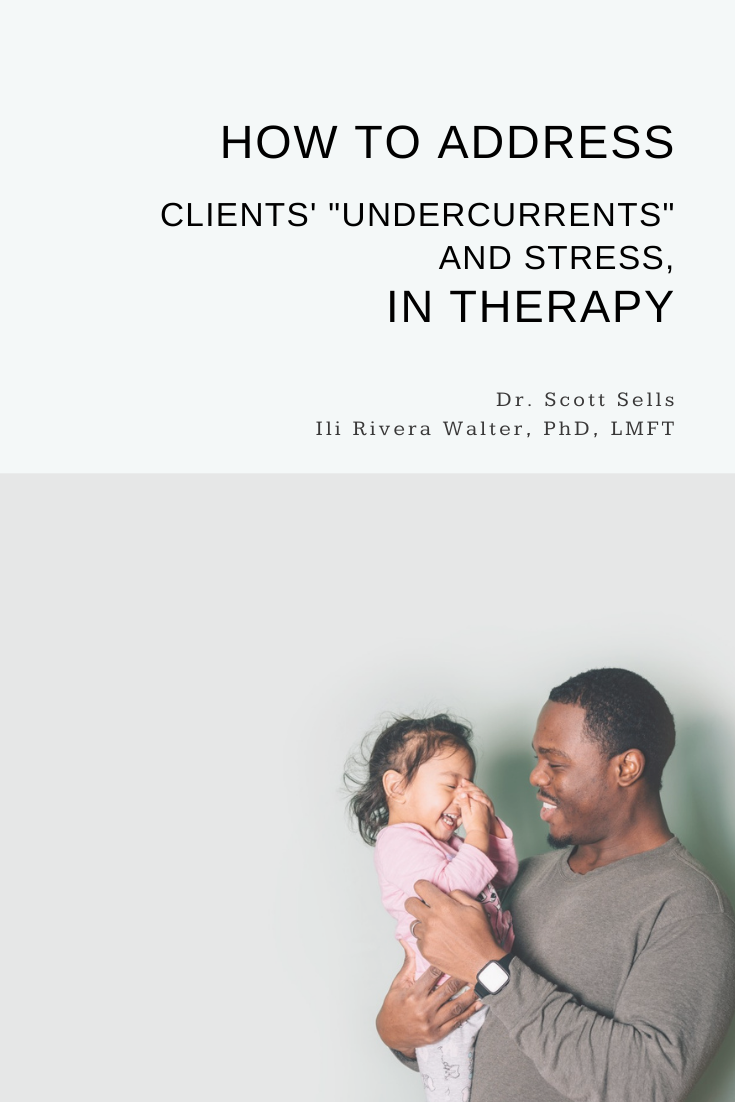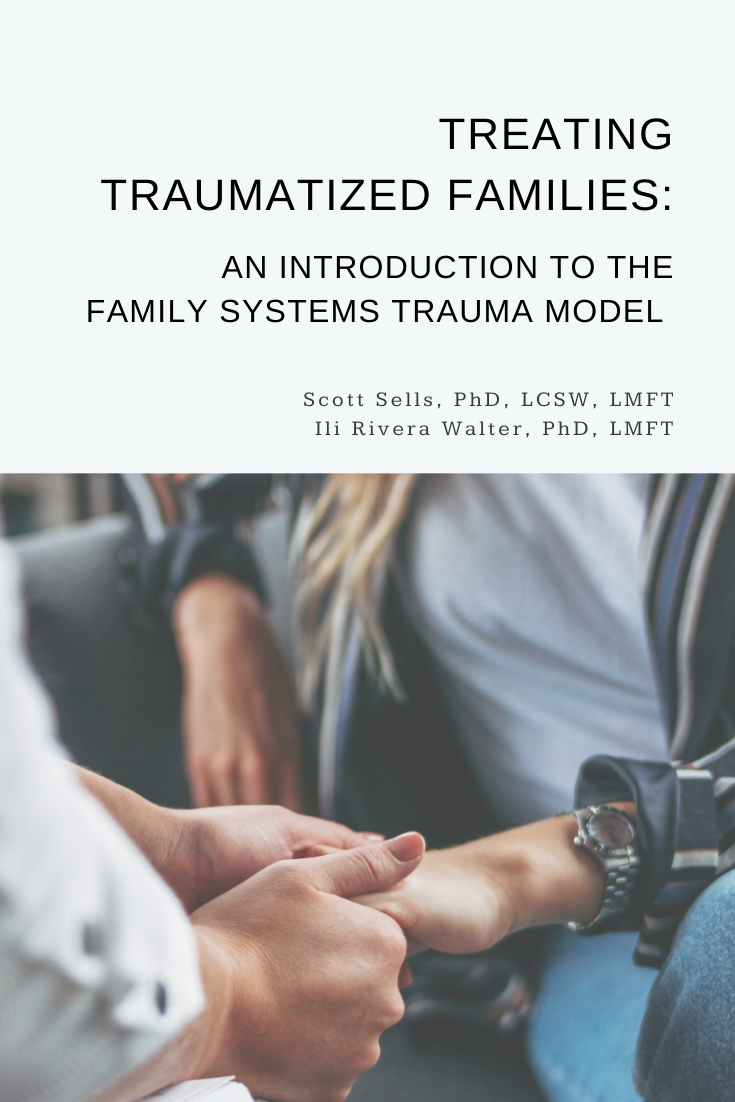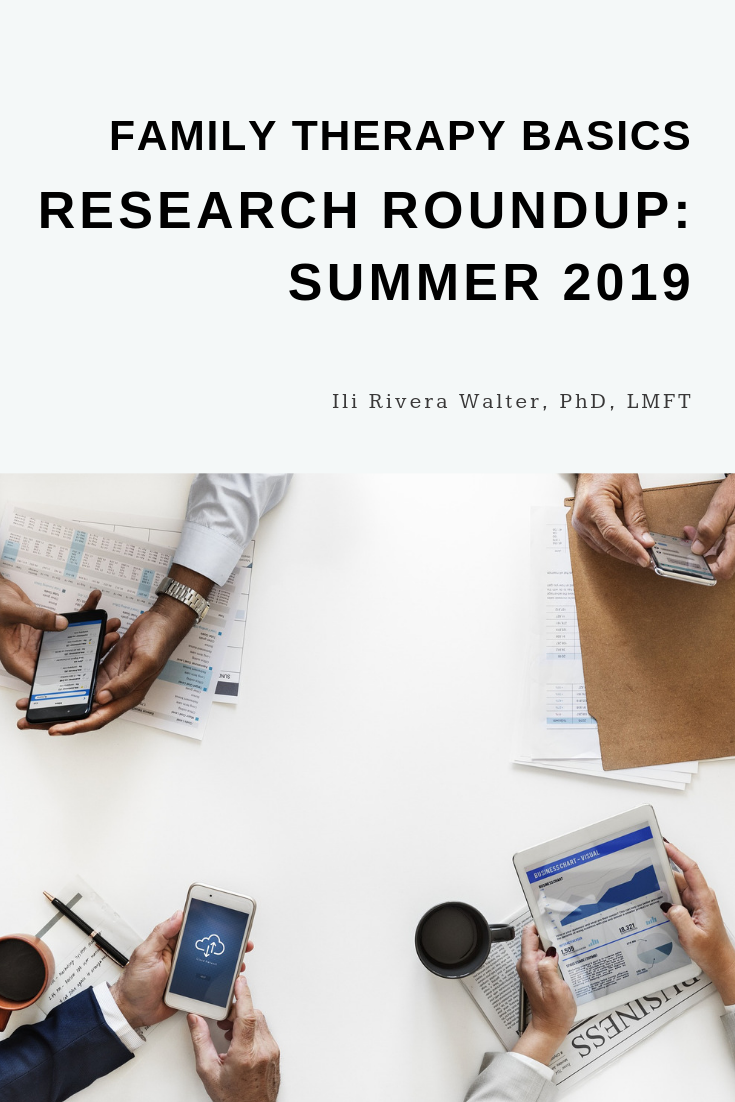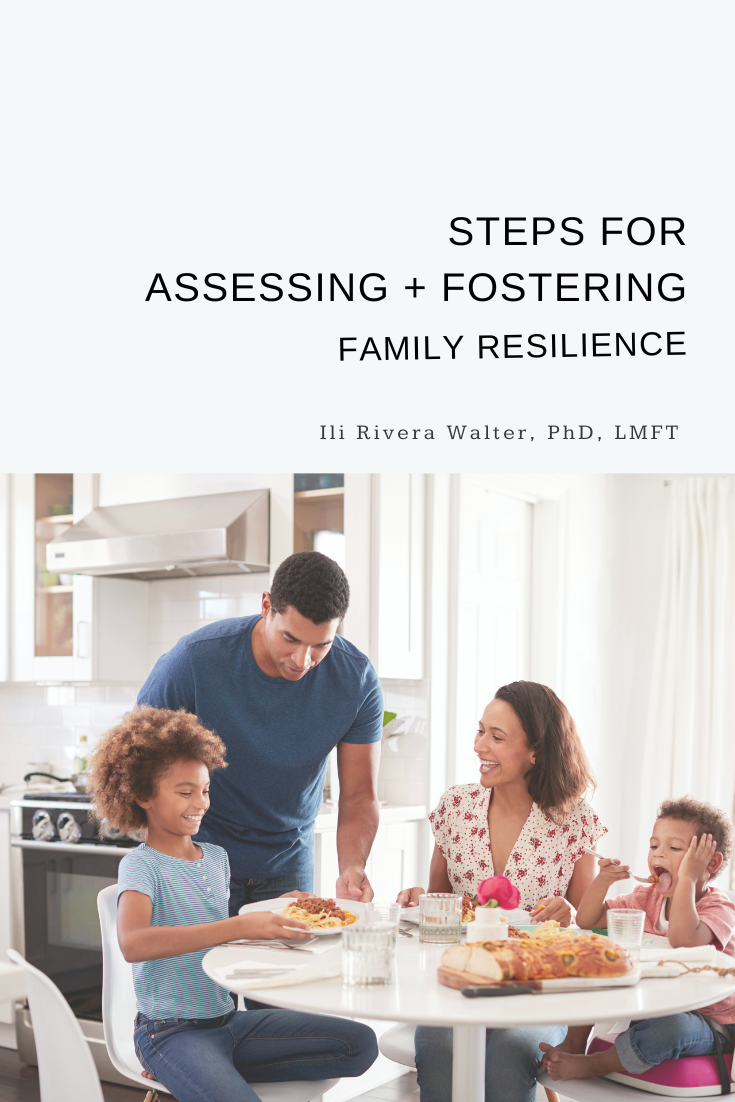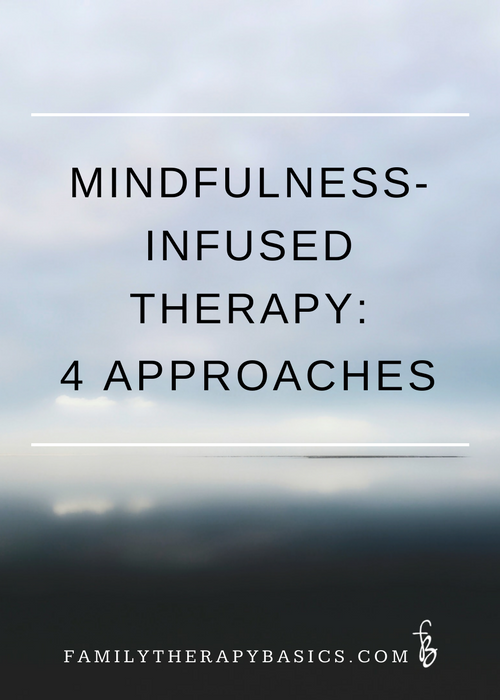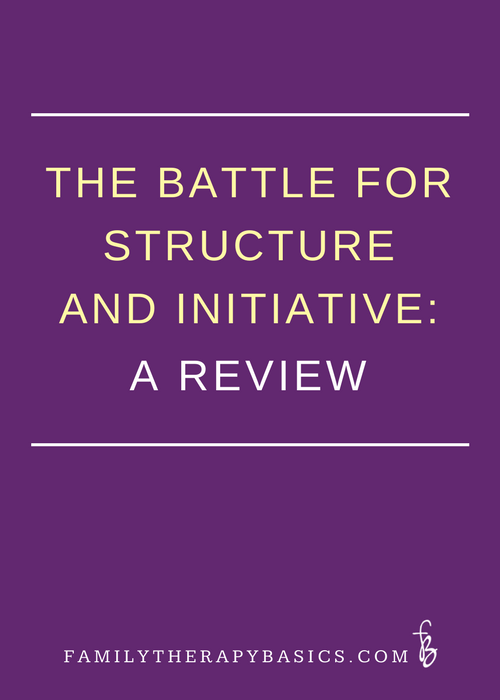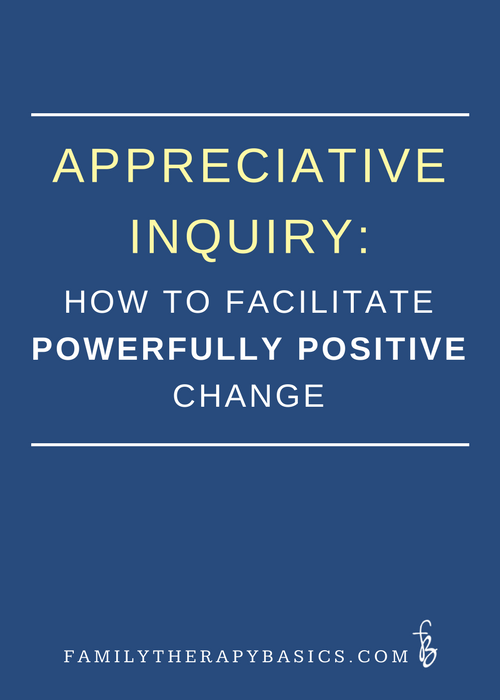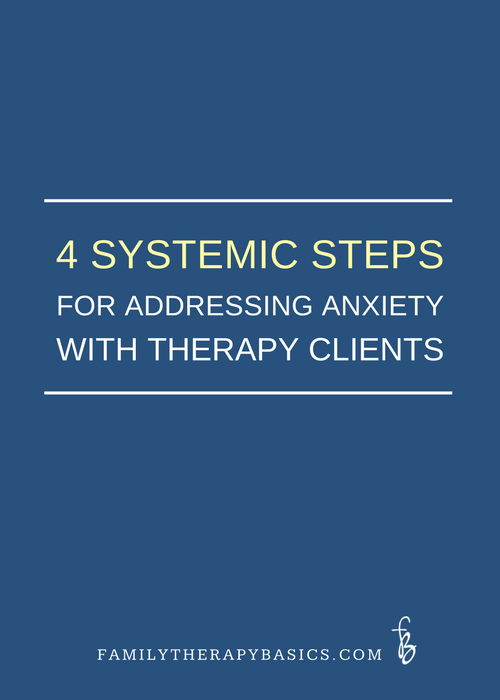In today’s post, I explain how I learned about and implemented family of origin (FOO) exploration, as well as its resulting impact on my relationships. I also present background on the idea of FOO exploration for therapists and an overview of its benefits.
My Story
When I went to graduate school (I went to a seminary for an MFT program), I was led in a year long curriculum on evaluating my FOO experience, as well as facing and dialoguing with my FOO members. The curriculum was based on Bowen Family Systems Theory (BFST) and self-of-the-therapist development (1972). As I began to learn BFST and implement it in my life, I realized how well it fit my worldview, and I never considered different avenues for healing for myself or my clients. In fact, upon earning my master’s degree, I believed that the MFT field was synonymous with BFST. I was, of course, wrong.
Although I received training in all of the systems theories, because of my personal experience with Bowen’s (1972) FOO process, I strongly believed in its potential for initiating change, precisely because it focused not on change but on understanding.
It wasn’t until I began doctoral work in a radically different environment that I realized many therapists didn’t see the value in offering FOO therapy to their clients or in exploring their own FOO context. Because I knew the ways in which my personal FOO project had permanently changed me, my relationships, and the ways in which my family members communicated, I saw this as a missed opportunity for therapists, and I still do.
This is the first post in a series exploring the benefits and steps of family of origin work for therapists.
Background
In his paper, On the Differentiation of Self, Murray Bowen (1972) outlines his attempts at developing a “person-to-person relationship" with his parents (1985, p. 499). This person-to-person relationship was one of many goals that Bowen had for his FOO relationships, and all attempts at achieving this relationship were also attempts at developing differentiation of self--the ability to choose one’s reactions in the face of emotional pressure from within and without.
Why Try a Person-to-Person Relationship?: How We Carry Our Parents with Us
Why did Bowen (1985) want to achieve this person-to-person relationship? Well, he was testing a theory that he believed to be true: Individual functioning is based on family functioning. If Bowen was right, then we have a lot to gain by “facing” our parents, and therefore facing our pasts and futures. Bowen believed that operating as an individual could not be achieved individually; it required a process of developing more “room” to maneuver within relationships. Even if we live far from our families, and we don’t speak to them often, the way in which we “do” life and relationships continues to be based on our FOO. We see and experience this in moments when we are triggered, or in the ways we respond to our family members when they are near.
The distinction between the past, present and future is only a stubbornly persistent illusion."
--Albert Einstein
The Benefits
During my master’s training, I remember our professor asking us, “When you are with your parents, how old do you feel?” This was such an interesting and striking question! At the time, I was 27, and I felt 18 around my parents. Today, and for many years now, I can easily say that I feel my age.
Understanding our context (family of origin, cultural, historical, etc.) and dialoguing with our parents, helps us “grow up” in their eyes and in our own eyes. Bowen was onto something when he called it a “person-to-person relationship”--he was describing the ability to be our preferred selves--our true selves--around not only our parents, but everyone. At the same time, he was communicating the value of seeing ourselves and our parents as human beings--as more than our roles.
Managing Anxiety
Bowen’s (9185) theory is based on the concept of anxiety--not diagnosable anxiety (although, diagnosable anxiety in BFST would be seen as a reaction to a family process), but anxiety as the emotional reaction to distress. He theorized that families as systems "run" on anxiety--anxiety as an emotional reality of being human and, by nature, relational--and this anxiety leads behavior. Through FOO exploration and developing differentiation, we also develop the ability to feel anxiety while not letting it lead our behavior.
Have you ever been in a really tough conversation? I mean the kind that makes you shake like you’re cold, or makes you so nervous you get a stomach ache? Here’s the thing about FOO exploration--because you go through the process of facing the “toughest” people in your life, if you push through the nerves, you’ll be able to do it with anyone at any time. FOO dialogue is a quick coaching program in personal development and emotional intelligence!
My Take
I was blessed to go through this process as a student. It was, in essence, “required.” For this reason, I am not sure how my emotional reactions would have been different had I not completed this FOO project. That being said, I believe that FOO exploration, along with the changes it initiated for me and my significant others, has been the antidote to self-care in my life and work. I do not mean that self-care is not necessary, because we all need to take time for ourselves. I do mean that I am able to recognize stressors as they happen, and adjust accordingly, rather than having to live through them, and then “recover.”
Summary
Murray Bowen (1972, 1985) gave us a framework for developing a person-to-person relationship with our parents, as well as developing differentiation of self. This framework allows us to explore our family of origin context and through this, develop a sense of self that remains solid in all our roles and relationships.
Up Next:
In the next post in this series, I will address common fears around “facing” our parents and how to overcome them.
Let's chat
What is your experience with family of origin dialogue?
Do you have questions about family of origin exploration, or the information covered in this post?
Let me know in the comments below.
References
Bowen, M. (1985). Family therapy in clinical practice. Lanham, MD: Rowman & Littlefield Publishers, Inc.
Link to: On the Differentiation of Self, Murray Bowen, 1972
Download the free guide on Family of Origin Exploration, in the Free Resource Library:


